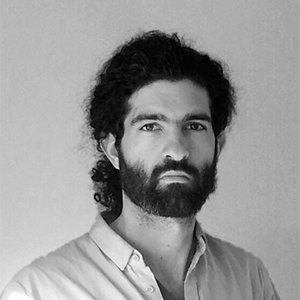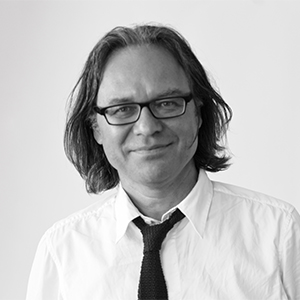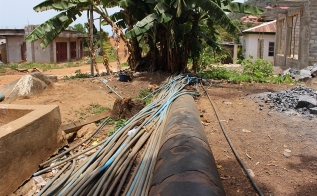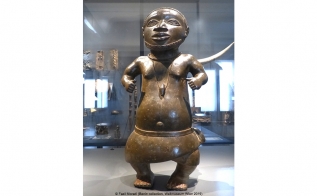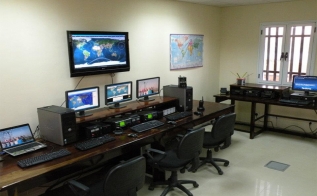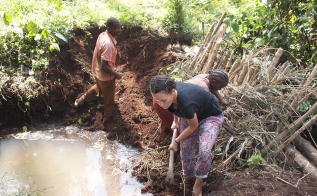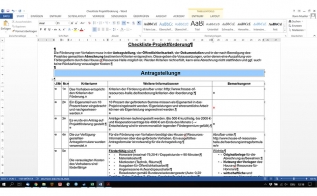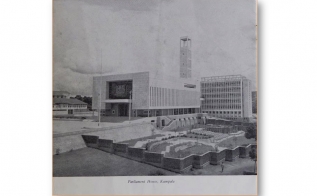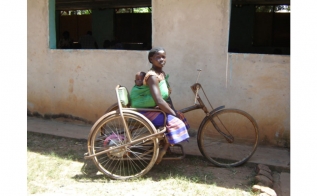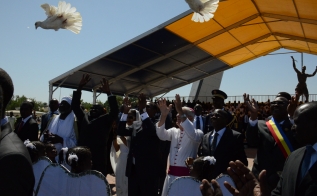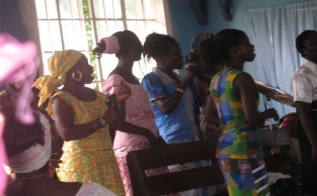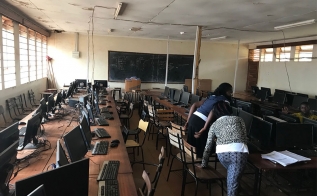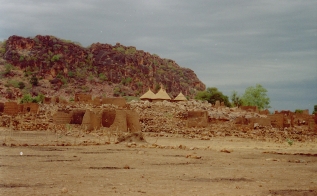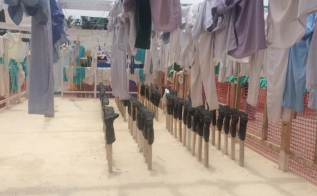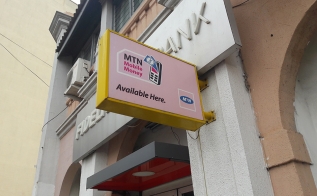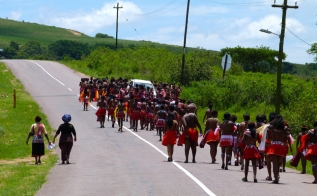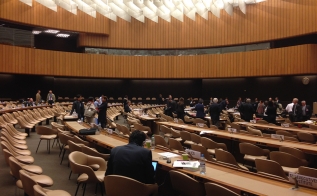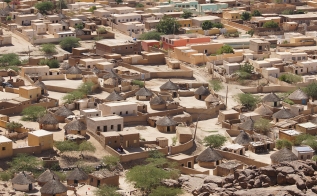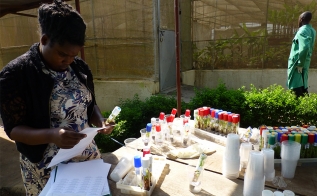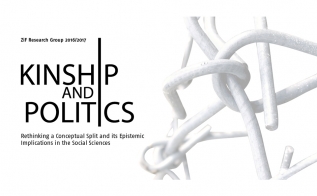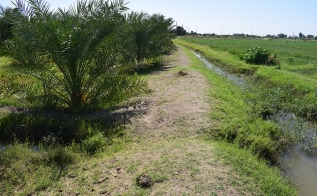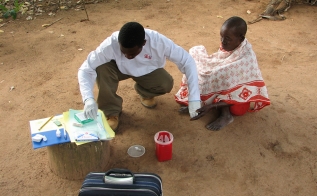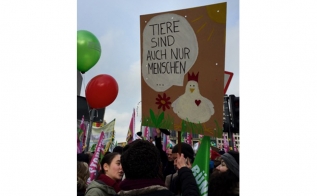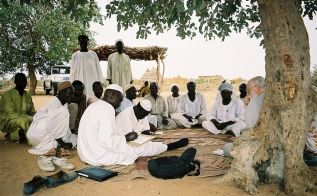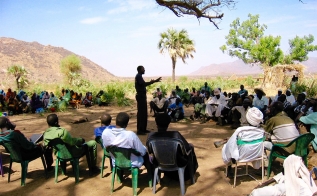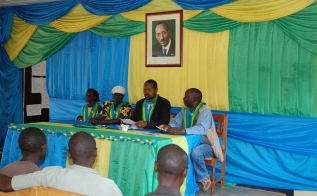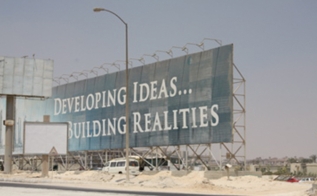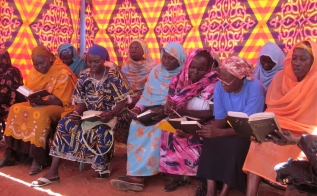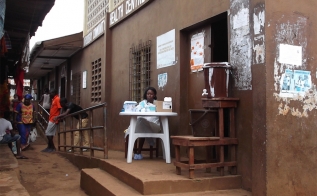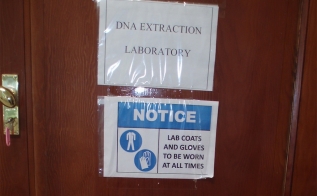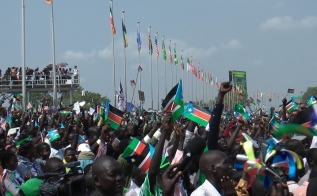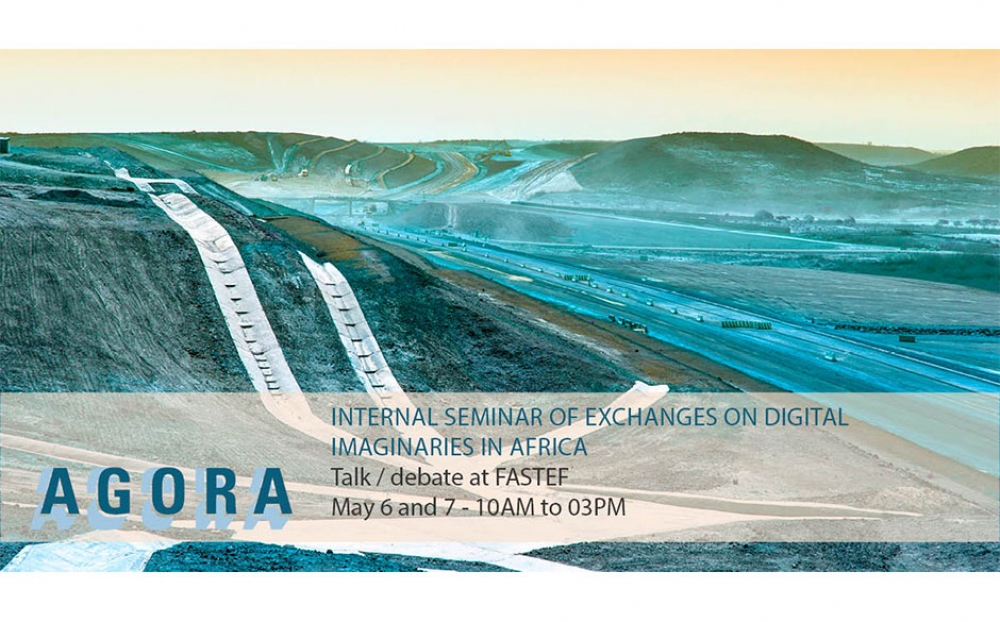
Description
Project Intro
Articulating digital technologies and Africa together is an opportunity to reevaluate the dominant imaginaries that shape contemporary digital practices. That at least was our starting premise. To put it to the test, we invited artists and writers to Dakar, Johannesburg and Karlsruhe. The resulting works exposed, disrupted, hacked or subverted dominant digital imaginaries to propose alternative configurations of the digital.
Contemporary understandings of the social, the body, of self, politics, otherness and of truth are unthinkable apart from digital technologies. The digitalisation of our most inward, and most expensive practices, however, is not a question of technology alone. How digital technologies affect who we are, what we do, and how we relate is not inherent in the technologies. We speak of “digital imaginaries” to remind us that digital technologies are not self-evident, universal or just technical but are configured in a diffuse and historically contingent field. A field of technological imaginaries that is constituted by our collective struggles and dreams as much as our infrastructures and interfaces. A field that, for all that is new in digital practices, still echoes the old refrain of techno-scientific progress.
The spectre of a monolithic Africa that, leapfrogging and rising as it will, is never quite catching up with the Global North has not gone away. There are still large parts of the population across Africa without internet access. Sure enough, access is rapidly increasing. The value derived from the expansion of digital practice, however, is still largely extracted in the Valley and other such mythical sites in the Global North. Yet, digital infrastructure projects increasingly link African sites directly with Chinese and Indian ones. Bypassing the networks of the Global North, they demonstrate that the violent colonial European origin myth of technology can no longer be sustained. It is abundantly clear now, that no site is in control of the technological field. What is less clear is which possibilities this multiplication of centres opens for those concerned with alternative configurations of digital practice?
Large-scale Indian-African trials with digital medical care, biometric population registration or drone flight, or the sophisticated digital profiling and targeting of voters with manipulative videos during the 2015 Nigerian election hardly provide resources for imagining more desirable digital futures. According to Joseph Tonda, they are better understood as evidence of a screen-mediated postcolonial imperialism: evidence that Africa is subjected to “the same liberal techno-capitalist economic regime as the rest of the world.” The digitalisation of Africa, in his line of thought, perpetuates the ghosting of non-western technological histories and realities. Africa’s digitalisation, here, is understood as part of an expansive, liberal, techno-capitalist project. A project that, by perpetuating imaginaries of techno-scientific progress, suppressing non-western imaginaries and configurations of technology. We wish to emphasize that the South and the North cannot be mapped onto the southern hemisphere or Europe and Northern America. Instead, South and North, should be understood as formations that are distributed around the globe.
Dakar: Non-Aligned Utopias (Program)
If these acts of suppression are impoverishing digital imaginaries, we should be able to recover resources for alternative configurations of the digital by paying attention to nonwestern digital practices, whether they emerge in Africa or elsewhere. Thus at least, is the utopian premise of digital non-alignment. A premise that energises experiments with alternative forms of digital production and local digital cultures. It is to this energy and the initiatives and experiments that nurture it that the first chapter of the Digital Imaginaries project in Dakar was dedicated. Our partner in Dakar, the digital arts Afropixel festival is run by the independent art space Kër Thiosanne that has pioneered digital arts in francophone Africa. Kër’s way of drawing international and global southern art circuits together with digital makers and neighbourhood initiatives can be understood as an ongoing experiment in digital non-alignment, and the search for digital practice proper to Senegal. Beyond Kër, the city of Dakar too gives vitality to the proposition of non-alignment. Senghor’s conviction, that cultural productions are central to the possibility of non-aligned Senegalese positionalities is lively here. So, is his proposition that African positionalities are important to the reconfiguration of richer universals. Afropixel #6, Digital Imaginaries: Non-Aligned Utopias revisits the old struggle for non-aligned African positionalities under the conditions of contemporary digital practices.
The festival included public debates on non-alignment and digital production in Senegal, artist residencies by François Knotze, Marcus Neustetter and Tabita Razaire, workshops on typography and digital production, bicycle-powered projectors and the construction of the space station, a pan-African digital production platform designed by DK Ossey and Yasmine Abbas.
Johannesburg: Premonition
The promise of utopia is heightened by the always-implicit fear, that things might go terribly wrong. In Johannesburg this tension between great potential and disaster is palpable. It is manifest in the tension between urban confidence and pervasive fears. The screen-mediated cosmopolitanism of the city is abuzz with nervous energy, and so are the high voltage fences, and more subtle digital regimes of control and anticipation such as neighbourhood WhatsApp watch. It is this digitally mediated ambivalent sentiment of premonition that we invite artists and writers to address in their encounters with this elusive metropolis.
We were interested in premonition because it captures a sentiment of Johannesburg’s tense, digitally mediated urbanity. We were also interested in premonition as a mode of knowing the future that might allow us to draw connections between non-western forms of knowledge and new digital regimes. Large-scale climate models and the algorithms that influence credit ratings, insurance policies and social media feeds shift how uncertain futures are anticipated. It is a shift from statistical probability to the algorithmic approximation of innumerable, interdependent variables. This shift from modernist forecasting to artificial intelligence (AI) is a major rift in technological imaginaries because it blurs the division between mathematical and other forms of prediction. It collapses mathematics into divination.
The extensive African archive of the Wits Art Museum and its downtown location make it a good place for thinking about alternative computational imaginaries in the contemporary city. Doing so in partnership with the Fak’ugesi Festival was to relate to the cultures and initiatives of African digital innovation.
Karlsruhe: Situating Digital Imaginaries
East, West, South and North do not refer to parts of the globe but to imaginaries that are in global circulation. The third chapter of “Digital Imaginaries” in Karlsruhe takes seriously that African positionalities contribute to universals that are legible around the world. Situating the works that emerged in response to Dakar and Johannesburg in Karlsruhe, is to show that they matter in a provincial German town. Not as evidence of otherness, but because here too the questions they raise about possible alternative configurations of the digital are relevant.
Digital Imaginaries Dates
Afropixel: Non-Aligned Utopias | Dakar
Afropixel workshops & residencies 15 Feb – 12 May 2018
Afropixel festival 1-12 May 2018
Wits Art Museum & Fak’ugesi: Premonition | Johannesburg
WAM Exhibition 24 July – 23 September 2018
Fak’ugesi Festival 31. august – 9 september
ZKM: Situating Digital Imaginaries | Karlsruhe
ZKM Exhibition 31 October 2018 – February 2019
Publication
Following the three events in Dakar, Johannesburg and Karlsruhe we have prepared a joined publication in which we have established tentative and partial connections between the three sites and the general topic. The edited collection is available since March 2021 in English and in German here: https://www.kerberverlag.com/en/1780/digital-imaginaries
Partners
The Digital Imaginaries project is a collaboration between the independent art space Kër Thiosanne and the Afropixel festival for digital and social innovation in Dakar, the Wits Art Museum and the Fak’ugesi African digital innovation festival in Johannesburg and the Zentrum für Kunst und Medientechnologie in Karlsruhe.
The project is funded by the TURN fund of the German Federal Cultural Foundation as well as the Bundesministerium für wirtschaftliche Zusammenarbeit, Pro Helvetia, Point Sud, La Francophonie, Rosa Luxemburg Stiftung, Arts Collaboratory and the Institute Français.
Project Team
Scientific adviser and project initiator: Richard Rottenburg.
Project curators: Julien McHardy, Oulimata Gueye.
Afropixel artistic director: Marion Louisgrand Sylla.
Afropixel curators: Oulimata Gaye, Daniel Sciboz, Julien McHardy.
Afropixel Producers: Martha Cisse, Marion Aïdara.
Fak’ugesi artistic director : Tegan Bristow.
Wits Art Museum, curators: Fiona Rankin-Smith, Tegan Bristow, Julien McHardy.
ZKM curators: Philipp Ziegler, Oulimata Gueye, Julien McHardy.
Participating artists: Younes Baba Ali, Tegan Bristow, Marcus Neustetter, François.
Knoetze, Tabita Rezaire, Kombo Chapfka, DK Osseo-Asare, Yasmine Abbas.

